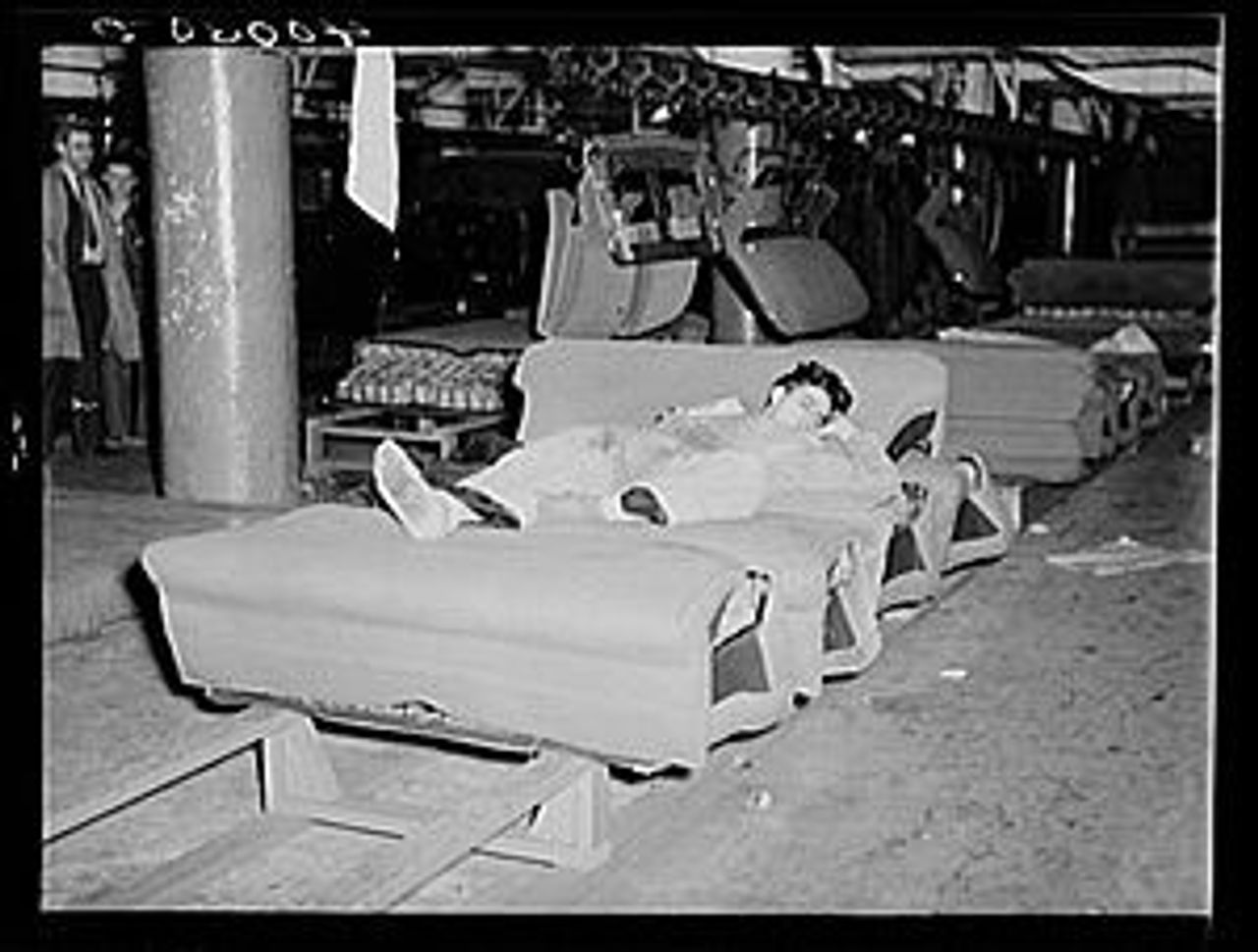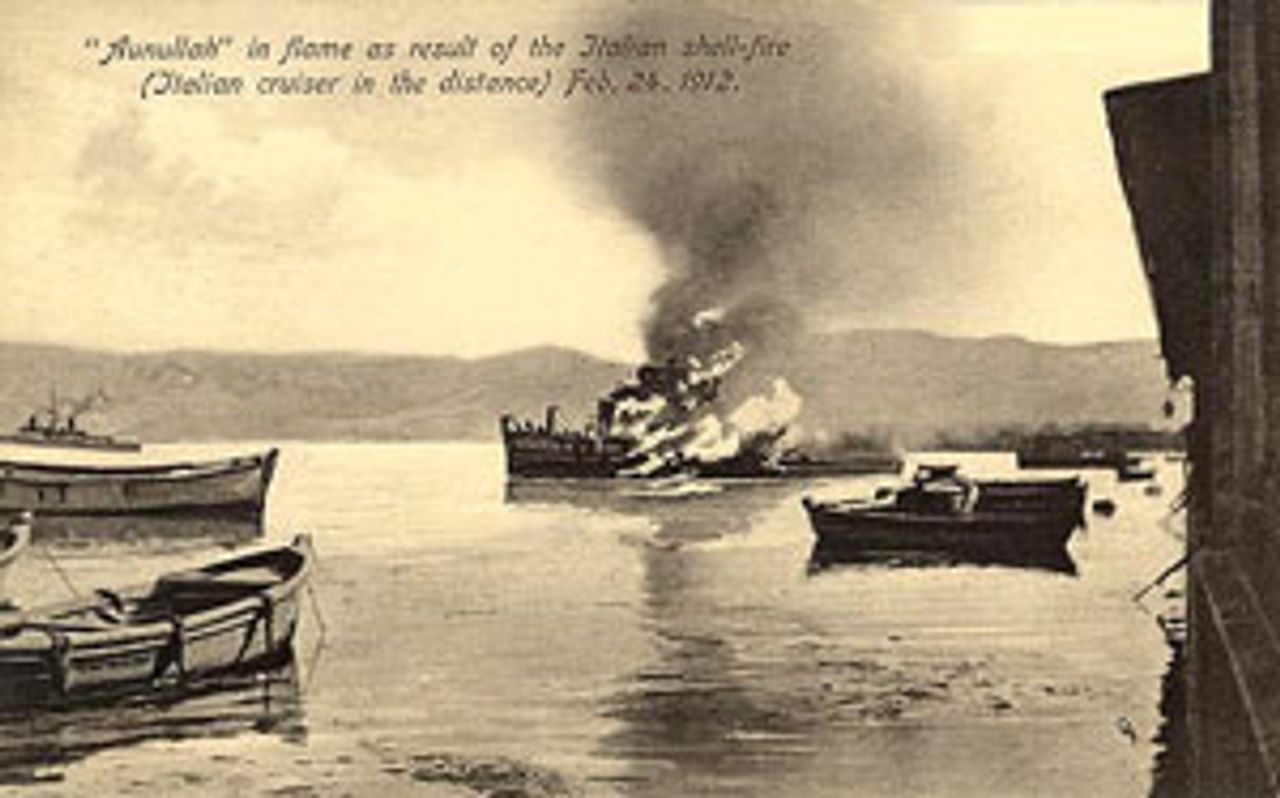A
man sat at a metro station in Washington DC and started to play
the violin; it was a cold January morning. He played six Bach pieces
for about 45 minutes. During that time, since it was rush hour, it
was calculated that 1,100 people went through the station, most of
them on their way to work.
Three
minutes went by, and a middle aged man noticed there was musician
playing. He slowed his pace, and stopped for a few seconds, and then
hurried up to meet his schedule.
A
minute later, the violinist received his first dollar tip: a woman
threw the money in the till and without stopping, and continued to
walk.
A
few minutes later, someone leaned against the wall to listen to him,
but the man looked at his watch and started to walk again. Clearly he
was late for work.
The
one who paid the most attention was a 3 year old boy. His mother
tagged him along, hurried, but the kid stopped to look at the
violinist. Finally, the mother pushed hard, and the child continued
to walk, turning his head all the time. This action was repeated by
several other children. All the parents, without exception, forced
them to move on.
In
the 45 minutes the musician played, only 6 people stopped and stayed
for a while. About 20 gave him money, but continued to walk their
normal pace. He collected $32. When he finished playing and silence
took over, no one noticed it. No one applauded, nor was there any
recognition.
No
one knew this, but the violinist was Joshua Bell, one of the most
talented musicians in the world. He had just played one of the most
intricate pieces ever written, on a violin worth $3.5 million
dollars.
Two
days before his playing in the subway, Joshua Bell sold out at a
theater in Boston where the seats averaged $100.
This
is a real story. Joshua Bell playing incognito in the metro station
was organized by the Washington Post as part of a social experiment
about perception, taste, and priorities of people. The outlines were:
in a commonplace environment at an inappropriate hour: Do we perceive
beauty? Do we stop to appreciate it? Do we recognize the talent in an
unexpected context?
One
of the possible conclusions from this experience could be:
If
we do not have a moment to stop and listen to one of the best
musicians in the world playing the best music ever written, how many
other things are we missing?
HAILEY: This may sound silly, but I wonder if the economy was doing better, would more people have stopped?more people willing to stop and smell the roses?
MARK GANZER: Possibly, but, I think, unlikely.
Certainly, when we are beset by worries about whether or not we will have a job (and any health insurance benefits attendant) tomorrow, we will miss much of what today offers, but, when we are comfortable, and enjoying life, and can afford the time and money to go to a $100 / seat concert, we would not, in general, think much of the street musician playing in the the metra station.
There is a saxaphone player at O'Hare airport. He is fantastic, he actually makes quite a bit more than $32, but then, he plays for hours and hours - near the international terminal, but, of course. In America, we hurry about (flit about) from one unfulfilling trivial thing to another, and barely have time for our children (witness the 8 suicides in Barrington, Illinois, in the year 2010).
VERY few of us saw the beauty of the snow flakes that fell, just last Friday, the widest, thickest, snowflakes that God ever lightly tossed over the clouds from heaven.
Who (save me) has seen the rainbow sunlight shimmerings off the nets of the spider webs woven connecting the blades of grass as sun sets in the evening?
Who has listened to and heard the drummings on the chair in the Social Security Office in Waukegan, Illinois, of the not yet three year old boy as he beat out ... duh duh duh duh rest rest duh duh duh duh, and recognized it as the perfect recreation of Caremn's Bolero! (as happened to me, just today).
There is a reason that in the present world, musicians auditioning for orchestras do so ... behind a veil, so that the evaluators CANNOT KNOW IN ADVANCE THEIR GENDER ... so much of what we take for granted is merely perception, and not very accurate perception at that of preconceived notions, biases, and prejudices that most of us are unaware that we carry.
The same, too, applies to literature ... how can one possibly judge the value, worth, or even relevance of a piece of writing if one does not know the author, even if the author were Byron, Keats, Shelley, or Shakespeare?
And, trust me, words as well crafted have been put to page hundreds, even thousands of times before and after the appearance on earth of that particular pantheon, but authors who lived and died in obscurity, whose unpublished works never saw the light of day.
We would do well to slow down, to see the good in people, the glory in their creativity: to see the Jesus that resides in each and every one of us IN each and every one of us, and to see the Glory of God's creation even in creation where only those created by God (and ones quite humble and of lowly means at that) have done the creating, so that, the Lord's signature is virtually nowhere to be found on the creation (and yet, at the same time, is to be found everywhere).




